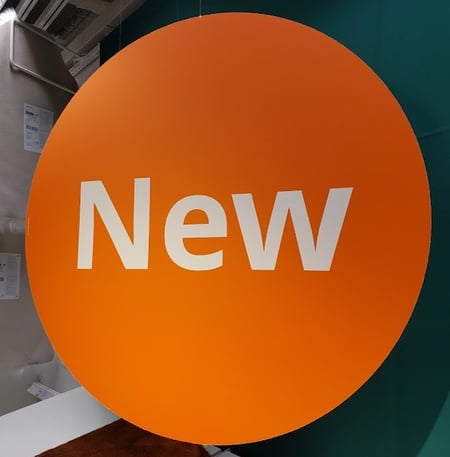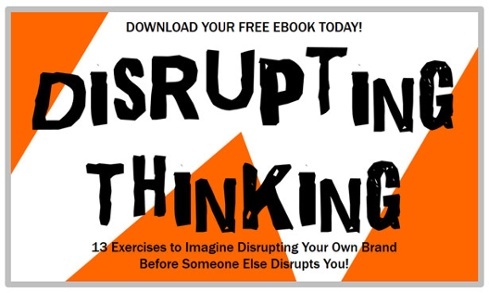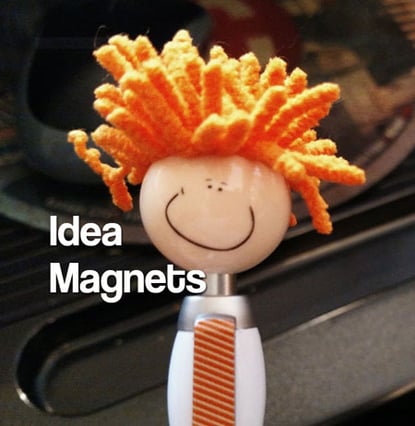Hanging out for several days with my nephew, he offered a comment that screamed blog post! He said that whenever somebody responds to an information exchange with, “I know,” they immediately shut down new learning opportunities.
I hadn’t thought about it that way before. His perspective made perfect sense, though.
He said that even if you know tons about a topic, another person might know something a little different. A situation like this provides an opportunity for valuable learning. Any additional knowledge that's a little different could clearly improve what you do.

If you think you know all about something, but another person does it differently, going right to, “I know,” means you lose fantastic opportunities to:
- Discover something that you didn’t know that you didn’t know
- Learn a new way to do what you have been doing
- Accelerate experimenting with innovative ways to accomplish things
- Identify a potential collaborator or partner in future initiatives
Even if you know exactly what the other person knows or do things in the very same way, an “I know” attitude will slow learning. This reply will eliminate opportunities to:
- Discuss how you both learned what you know
- Learn different approaches that each of you have tried to develop your current knowledge
- Discover if the other person uses shortcuts or modifications that you’re considering
- Learn more about how what you know and do impacts other processes, people, or results differently (based on what the other individual knows and does)
Convinced yet?
If you’re quick to throw up the “I know” barrier, consider this suggestion for the future. Replace “I know” with one of these:
- Tell me more.
- I know something about that but would love to learn what you know.
- I’m always open to learning something new!
- You may be doing something different. Can you show / tell me about it?
Seeking additional information takes openness and vulnerability. It also takes sincerity; if you say you want to learn but really don’t, it will be obvious to everyone.
So, open your perspectives. Get ready to learn all kinds of things that you really don’t know. - Mike Brown




